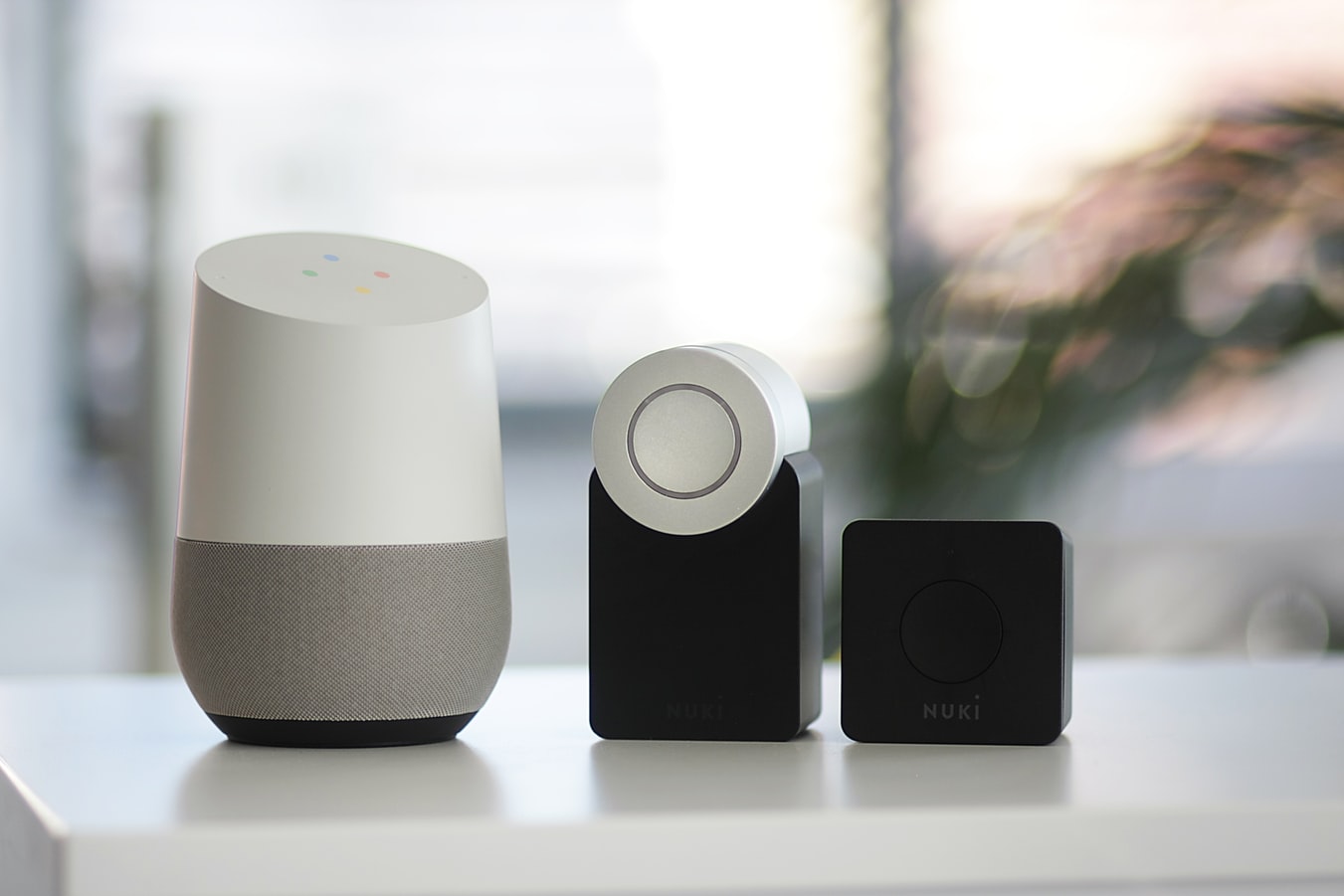
From home security systems to smart refrigerators, many of our devices are now moving online. Better known as the Internet-of-things (IoT), almost all our home gadgets are linked to each other via the internet.
Controlling your lighting remotely or having a voice-activated assistant has completely changed the way we function. But, we must stop to understand how personal information collected is used and what’s involved when setting up new tech.
Let’s take a look at 8 things you should know about your IoT devices.
- Research Before You Buy: Before investing in any tech, it is essential to thoroughly research the product. Set up a plan for your smart home while keeping in mind factors like the brand you’ll choose, what you expect the product to deliver, cost and compatibility of the devices.
- Plan A Centralized Platform: While setting up a smart home, ensuring that all your devices can communicate through a common centralized platform makes it easier to manage a complex system. Having too many incompatible platforms to work with is less beneficial, especially if each one requires a separate login.
- Check Compatibility: Nowadays, several companies offer multiple similar gadgets to add to a smart home. With all the competition, there are also compatibility issues. Before purchasing an intelligent device check that it is compatible with the central platform and other gadgets in your home network for seamless functionality.
- Check for plan B: The internet and a power source are the core of a smart home. Before reaching for your credit card, check how the device functions during a power failure or an internet outage. An alternate form of backup power and an offline mode is vital, especially for a home security system.
- Setup is Expensive: Most companies offer a setup service when you purchase a smart device. Installation can tend to be pricey, and contracts drawn up by security firms are generally expensive, depending on the services they offer. Check the fine print carefully as these can even throw up hidden fees.
- Plan For The Long Term: While smart gadget companies may have you shelling out initially, in the long run, intelligent home systems can help you save on costs. They increase the efficiency of your home and in turn help reduce your electricity bill. A smart home should be considered an investment, and over time, through savings, it pretty much pays for itself.
- Security Threats Are Real: Smart devices collect vast amounts of personal data. While they do make your life easier, these IoT devices also pose a security threat. With access to the internet, smart home devices now offer cyber criminals more opportunities to steal your data. Keep a check on the security settings of all your devices and use strong passwords to keep hackers out of your home network. While many smart devices have inbuilt privacy settings to help protect your information, these generally are disabled by default.
- Expect Glitches: As smart devices are still learning and developing, they again could experience bugs in their software. As machine learning and data analytics improve, these issues could rapidly decrease.
Smart homes are slowly becoming the must-have tech of the future, and with the right information, you can ensure that you aren’t left behind.








